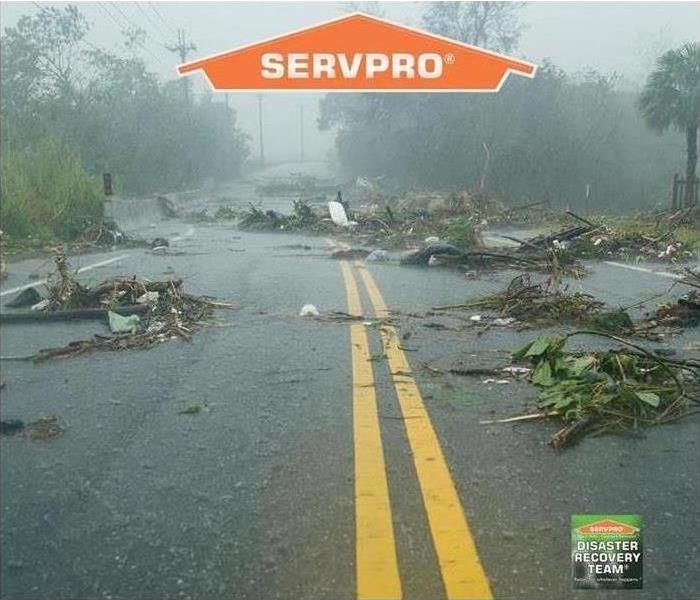Protecting Your Home From Flood Damage
9/11/2019 (Permalink)
No one likes to consider the possibility of flood waters compromising their home, but the gravity of the situation is that 90% of natural disasters include flood water. While your home may not be in a known floodplain, it’s still beneficial to know proper protocol if the threat of flooding is looming ahead.
We know that flooding cannot be prevented, but it is possible for you as a homeowner to minimize the damage to your property thanks to these steps:
Talk over emergency procedures. You should be creating and discussing disaster plans and various evacuation routes with your entire family. It’s vital that everyone is familiar with these. Be sure that the shut-offs for electricity and gas are known, too. Another smart plan is to have emergency supplies at the ready.
Know your risk. You can check with your local emergency management office or use the FEMA flood map tool to learn more about the risk of flooding in your area and what precautions you should be taking.
Raise valuables. Do you have important items stored in the basement? These could include family memorabilia, tax records and other documents. If so, you’ll want to make sure you have scanned them into a hard drive or have physical copies made. Also, invest in some shelving to help keep items off the floor.
Turn off electricity. While it might seem unlikely that floodwaters will touch your electrical outlets or electrical cords, it’s very possible. And if it occurs, significant damage can occur and the risk of fire greatly increases.
Prepare appliances. Appliances such as washers and dryers can be elevated on bricks or stands to protect the internal workings from water damage in the case of a shallow flood.
Raise hazardous materials. Things like oil, paint and cleaning supplies should all be stored in elevated areas. This can help prevent dangerous spills in floodwater.
Keep propane and fuel tanks anchored. If a fuel tank tips over during a flood, the spill could become dangerous and even a fire hazard. Be sure any fuel tanks on your property are either removed or anchored securely.
When disaster strikes, your No. 1 priority should be keeping your family safe. By taking advance precautions and understanding evacuation procedures ahead of time, you can help protect your home from extensive water damage and protect the family from danger as well.




 24/7 Emergency Service
24/7 Emergency Service